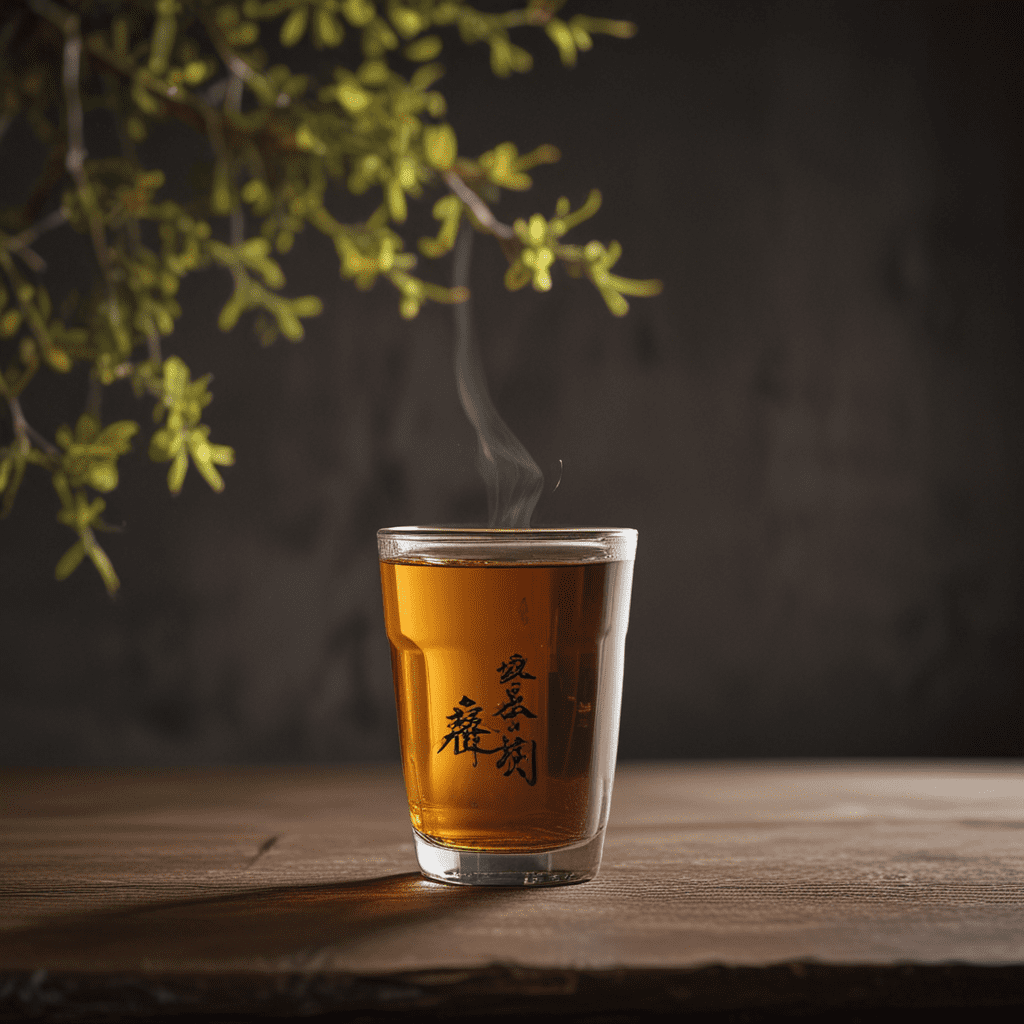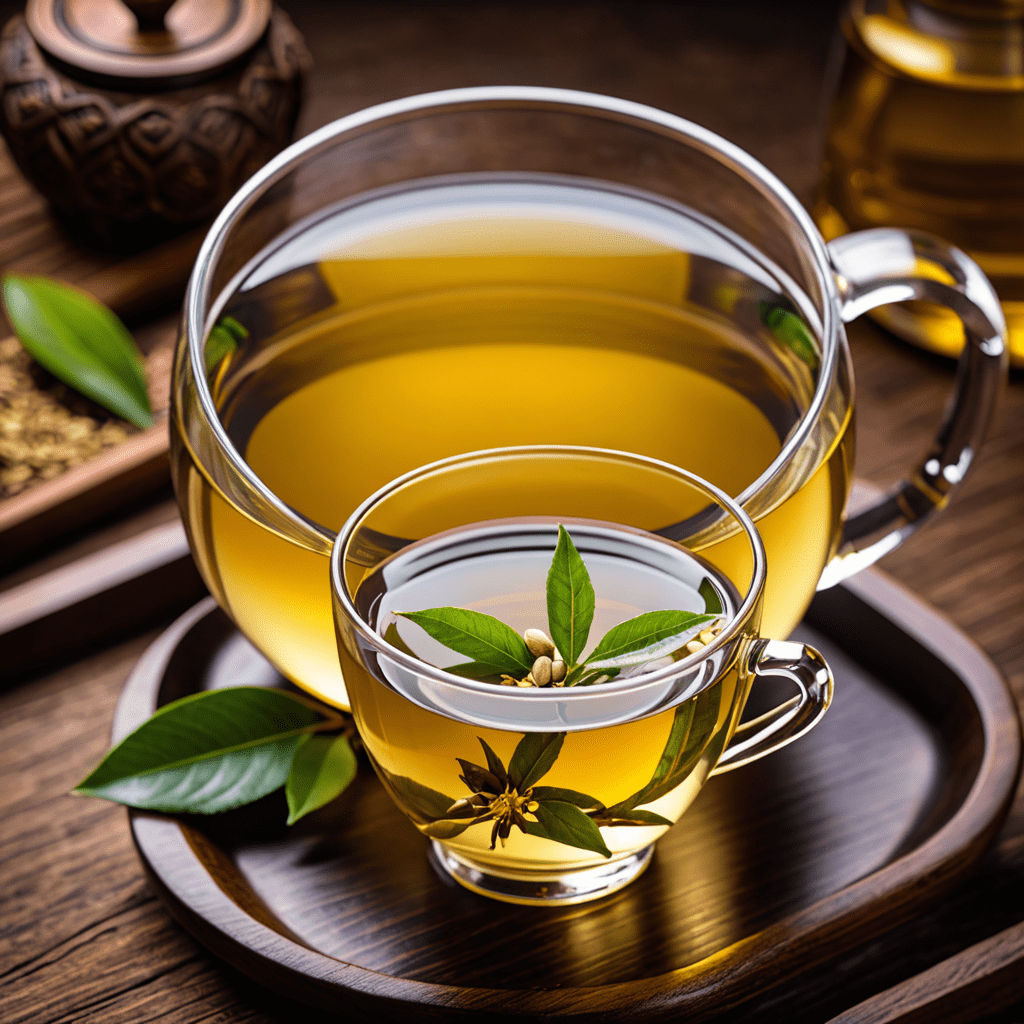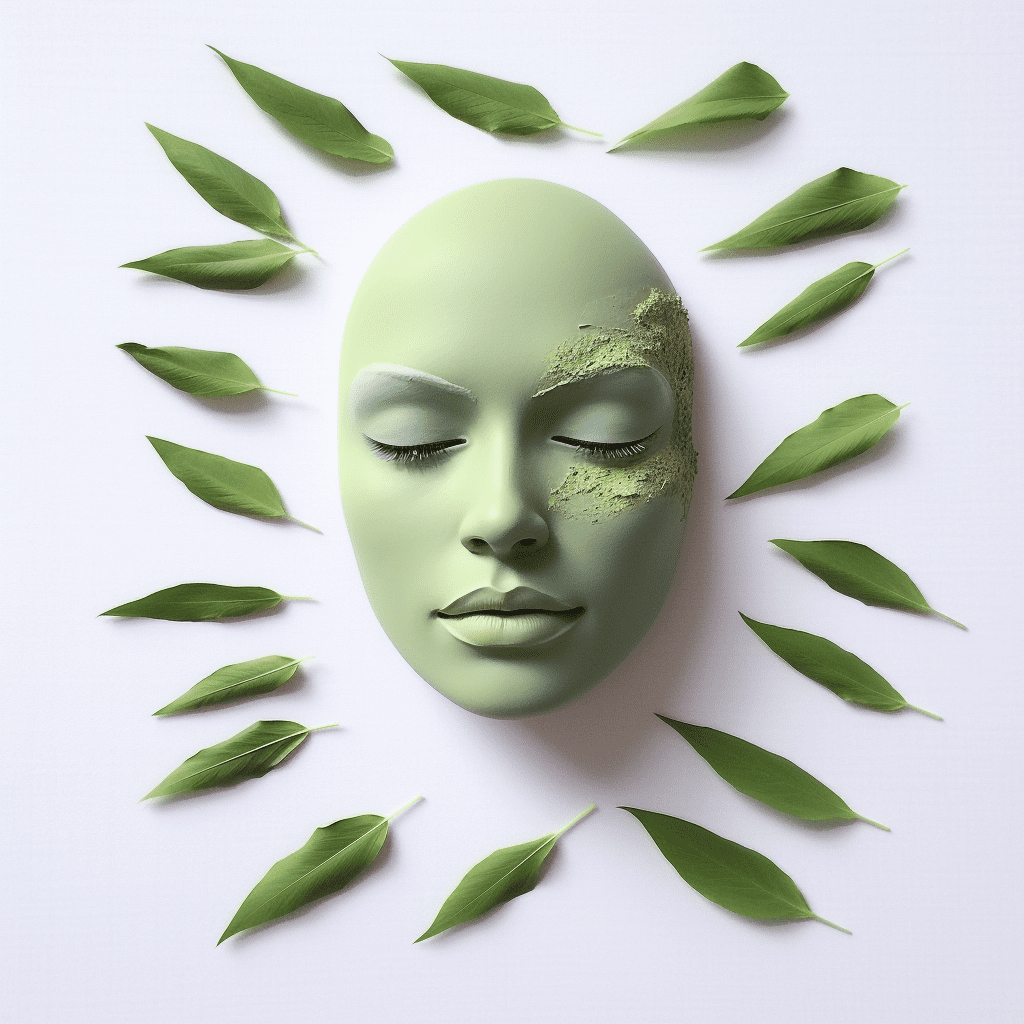1. Introduction: Confucianism and Its Impact on Chinese Culture
Confucianism is an ancient Chinese philosophy and ethical system that has had a profound influence on Chinese culture for over two millennia. Founded by the philosopher Confucius, Confucianism emphasizes the importance of social order, hierarchy, and respect for tradition. Its teachings have shaped Chinese society in numerous ways, including its art, literature, music, and even its tea culture.
2. Confucian Values and the Role of Tea
Confucian values of harmony, respect, and propriety are deeply embedded in Chinese tea culture. Tea is seen as a symbol of refinement and a means of fostering social connection. The act of sharing tea is considered a respectful gesture and an opportunity to cultivate relationships and build community.
3. Tea Ceremony as a Reflection of Confucian Principles
The Chinese tea ceremony is an elaborate ritual that embodies many Confucian principles. The ceremony is governed by strict rules of etiquette and protocol, which reflect Confucian values of order and hierarchy. The participants' movements and gestures are carefully choreographed to demonstrate respect for the tea, the tea master, and the other participants.
4. The Social Significance of Tea in Confucian Society
In Confucian society, tea played an important social role. It was served at official banquets, family gatherings, and religious ceremonies. Tea was also used as a form of currency and as a betrothal gift. The type and quality of tea served indicated the host's status and regard for the guests.
5. Tea as a Symbol of Harmony and Respect
Tea is often associated with harmony and respect in Confucian culture. The ritualized preparation and serving of tea creates a sense of order and tranquility. The sharing of tea is seen as a way to express appreciation and to foster a sense of community. In Confucian society, tea is not merely a beverage but an integral part of social interactions and a symbol of cultural values.
6. Confucian Rituals and Tea
Confucian rituals and tea are closely intertwined. Tea is often offered as a symbol of respect and gratitude during religious ceremonies and ancestral rituals. The rituals associated with tea preparation and consumption are seen as a way to honor tradition and connect with one's ancestors.
7. Tea and Intellectual Pursuits
In Confucian culture, tea is closely associated with intellectual pursuits. Tea is believed to promote concentration, alertness, and creativity. Many Confucian scholars and poets were known to be avid tea drinkers. Tea became an integral part of scholarly gatherings and was often used to stimulate discussion and debate.
8. Tea and Social Hierarchy
Confucian society was highly hierarchical, and the type and quality of tea served reflected one's social status. Tea was often used as a way to show respect and deference to superiors. The host would typically serve the most expensive and highest-quality tea to the most honored guest.
9. Tea as a Form of Self-Cultivation
In Confucian teachings, self-cultivation is of utmost importance. Tea was seen as a way to cultivate one's inner qualities, such as patience, humility, and self-discipline. Through the practice of mindful tea drinking, one could learn to control one's desires, appreciate the simplicity of life, and find harmony with oneself.
10. Conclusion: The Enduring Legacy of Confucianism on Tea Culture
Confucianism has had a profound and lasting influence on Chinese tea culture. Confucian values are reflected in every aspect of tea, from its ritualized preparation to its social significance. Tea has become inextricably linked to Chinese culture and continues to play an important role in Chinese society today.
FAQs
- What are some key Confucian principles embodied in tea culture?
- Harmony, respect, propriety
- How is the tea ceremony a reflection of Confucian values?
- Strict etiquette, choreographed movements, order, and hierarchy
- What role did tea play in Confucian society?
- Social currency, betrothal gift, symbol of status
- How is tea associated with intellectual pursuits?
- Promotes concentration, alertness, and creativity
- Was tea a form of self-cultivation in Confucianism?
- Yes, practiced to cultivate patience, humility, and self-discipline


